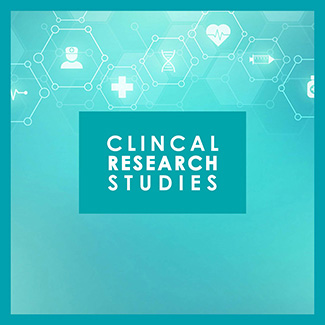Pariser dermatologist Dr. Cyndi Torosky is passionate about understanding the effects of psoriasis and takes a comprehensive approach to treating it.
Psoriasis (sore-EYE-ah-sis) is a chronic (long-lasting) disease. It develops when a person’s immune system sends faulty signals that tell skin cells to grow too quickly. New skin cells form in days rather than weeks. The body does not shed these excess skin cells. The skin cells pile up on the surface of the skin, causing patches of psoriasis to appear.
Psoriasis may look contagious, but it’s not.
You cannot get psoriasis from touching someone who has it. To get psoriasis, a person must inherit the genes that cause it.
Types of psoriasis
If you have psoriasis, you will have one or more of these types:
- Plaque (also called psoriasis vulgaris).
- Guttate.
- Inverse (also called flexural psoriasis or intertriginous psoriasis).
- Pustular.
- Erythrodermic (also called exfoliative psoriasis).
Some people get more than one type. Sometimes a person gets one type of psoriasis, and then the type of psoriasis changes.
Psoriasis: Signs and symptoms
What you see and feel depends on the type of psoriasis you have. You may have just a few of the signs and symptoms listed below, or you may have many.
Plaque psoriasis
(also called psoriasis vulgaris)
- Raised, reddish patches on the skin called plaque (plak).
- Patches may be covered with a silvery-white coating, which dermatologists call scale.
- Patches can appear anywhere on the skin.
- Most patches appear on the knees, elbows, lower back, and scalp.
- Patches can itch.
- Scratching the itchy patches often causes the patches to thicken.
- Patches vary in size and can appear as separate patches or join together to cover a large area.
- Nail problems — pits in the nails, crumbling nail, nail falls off.

Plaque psoriasis:This type of psoriasis often causes thick patches of skin that are covered with silvery-white scales.
Although psoriasis may never go away completely, there are many treatments available. In October, 2017, the FDA approved a biologic for treating psoriasis in those as young as 12 years old. New treatments are now available that give us the ability to realistically clear (yes, clear = no psoriasis) in about half of the patients treated and attain 75% clearance in over 90% of patients. Click here to learn more about this recent breakthrough from Pariser Dermatology’s Dr. David Pariser.







